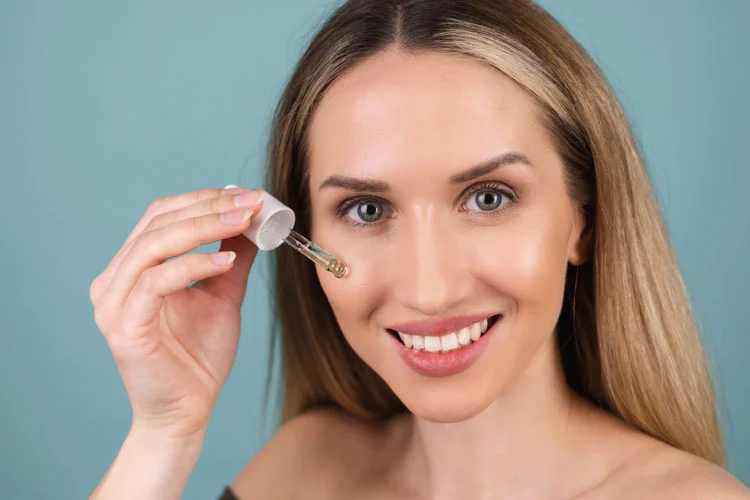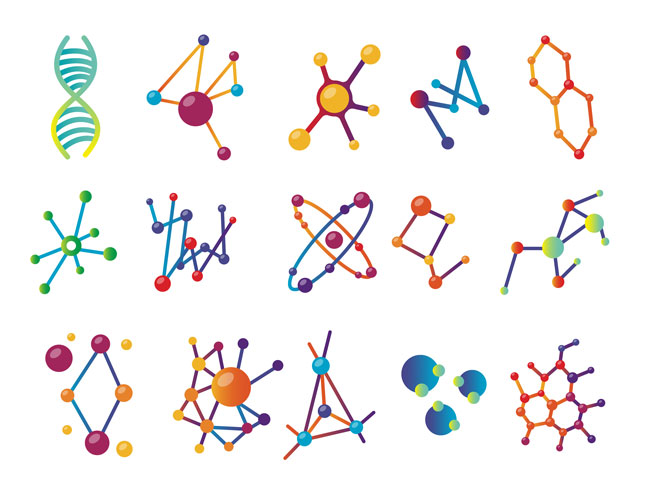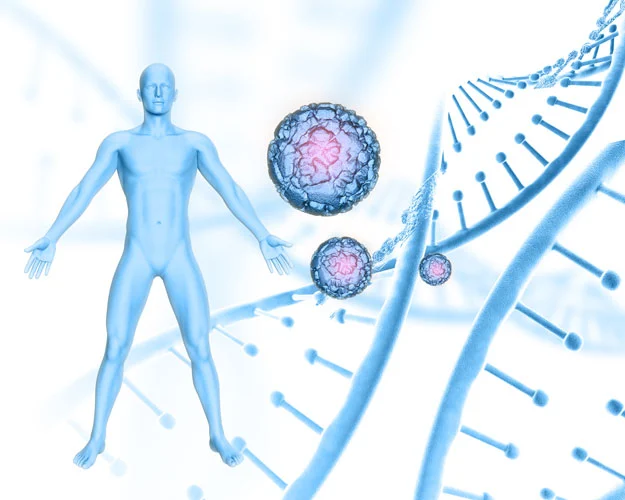When to Start Taking Peptides
Peptides can be used as part of a daily supplement to help improve the appearance and health of the skin, aid in workout recovery, improve sexual function, and even decrease body fat. At what age should you start taking peptides to receive these benefits? As early as your 20s!

There are many peptides, including growth factors, cytokines, and hormones. These molecules play an essential role in supporting the body’s healthy functioning.
Research has shown that using peptides can benefit the skin, including the decreased appearance of age-related signs of skin aging, such as wrinkles and reduced inflammation. For this reason, it is recommended that individuals start adding consumable peptides or peptide therapy to their routine in their 20s or 30s.
Keep in mind, it’s never too late to start taking peptides. No matter your age, peptides can boost the immune system, promote growth hormone production, and help you to lose weight.
What are Peptides?: Amino Acids
Peptides are compounds of two or more amino acids joined by peptide bonds. These bonds form between the nitrogen atoms in each amino acid and the carbon atoms in the adjacent molecule.

The peptide bond is a covalent linkage formed through a transamination reaction, which is a chemical reaction involving the transfer of a hydrogen atom from one molecule to another.
This type of reaction is often used to link amino acids to form protein molecules. The peptide bond strengthens proteins and other macromolecules and allows these molecules to hold specific shapes and functions.
Peptides are essential components of all living organisms, with many naturally occurring peptides found in foods such as fruits, vegetables, and meats. In addition, peptides are used as therapeutic agents in treating diseases such as cancer and diabetes.
Peptide Therapy and Human Growth Hormone
Peptides have an essential effect on the human growth hormone (HGH). HGH is a hormone the pituitary gland produces that is critical in growth and development. It is known to decline with age but can be stimulated by certain nutritional factors or physical activities.

Many studies have found that using a growth hormone-releasing peptide can stimulate HGH levels in the blood, improving various health conditions related to growth, such as muscle mass and strength.
Peptide therapy treatments also have potential applications as drug candidates for diseases involving impaired HGH production or function, such as type 2 diabetes and age-related frailty.
HGH vs IGF-1
IGF-1, or insulin-like growth factor, is another consideration for retaining muscle mass. HGH possesses some extra advantages to IGF-1 but takes longer to produce effects. IGF-1 works immediately but may not have as desirable effects. Both HGH and IGF-1 production can be increased through peptide therapy.
What are some of the most Commonly Used Peptides?
The most commonly used peptides have powerful therapeutic properties and are well-tolerated by the body. These peptides can treat various medical conditions, including unwanted weight gain, inflammation, cancer, and heart disease. Some of the most commonly used peptides include:
- Tachyphylaxis: Tachyphylaxis is a peptide that reduces the sensitivity of cells to external stimuli, such as drugs or light exposure. It is often used as a treatment for cancer because it can help prevent tumors from growing and spreading.
- Tryptophan: Tryptophan is an essential amino acid that plays a vital role in protein synthesis and is naturally found in foods like meat and dairy products. It has been shown to have anti-inflammatory properties and may help reduce pain and muscle soreness after exercise.
- Creatine: Creatine is a compound is produced naturally in the body and helps supply energy to muscles during sustained physical activity. It is also found in many sports supplements and has been shown to improve performance in athletes.
Peptide FAQs:
What do Peptides do for the body?
Peptides play a role in the body’s function, regulating cellular processes, building tissues, regulating inflammation, promoting wound healing, and more. They can also aid in the formation of new cells and control cell growth.
In addition to supporting overall health and well-being, peptides can help support various bodily functions, such as digestion and bone formation.
What do peptides do for your skin?
Peptides help to strengthen the skin, improve its moisture retention, and reduce inflammation. In addition, peptides may help to promote healthy collagen production and enhance the appearance of skin tone and texture.
What foods are high in Peptides?
Peptides are naturally occurring in the proteins of both animal and plant foods, including eggs, milk, meat, fish and shellfish, beans and lentils, soy, oats, and flaxseeds.
Peptide Therapy with Tucson Wellness MD
At Tucson Wellness MD, we empower you to live the life you want by giving you the tools and the medical care needed to help you live longer, more vital, and better.
Whether you want to burn fat to accelerate weight loss, build lean muscle mass, take advantage of our beauty services, or reduce the need for invasive surgery along your pain relief journey, Tucson Wellness MD is interested in your best self.
We believe in a scientific, evolutionary approach to health and modern pain relief. As a result, we use only the most advanced, pharmaceutical-grade products to stimulate healing and help you reach your goals.
Health should fit your lifestyle, and we will work with you to create a plan that meets your needs and improves your quality of life.
We invite you to learn more by continuing to explore our website.